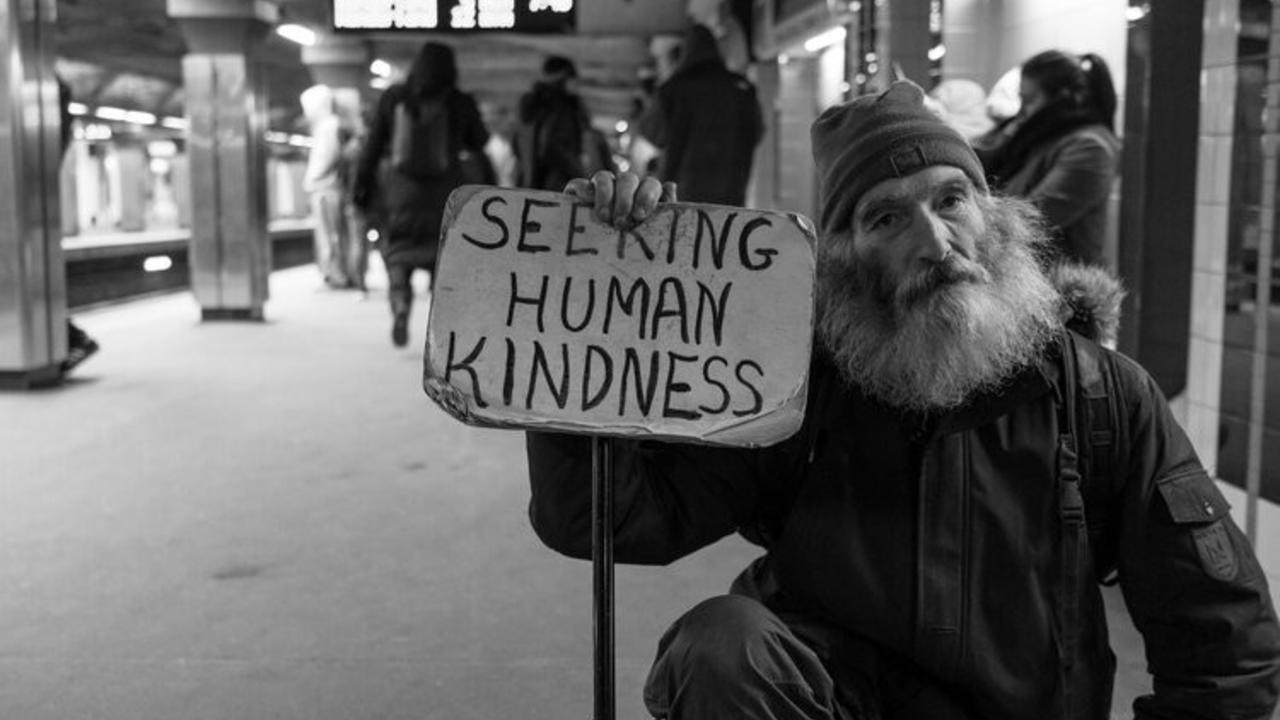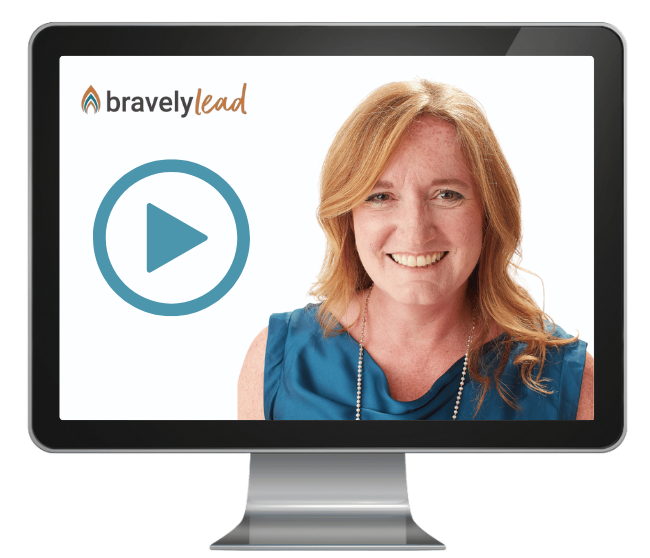The antidote to disconnection & divide is human kindness

Recently I turned on the television and came across a documentary entitled “You are Here: A Come From Away Story”. I spent an hour on the couch both laughing with joy and crying tears from being moved deeply. The documentary tells the story of planes being diverted to Gander, Newfoundland as a result of terrorist attacks on September 11th, 2001. Almost 7,000 people ended up hosted in small, rural communities, full of people who opened their doors and their hearts to the plane loads of “come from aways.” Lifelong friendships, romances and touching moments took place in a week when the world was turned inside out watching death, tragedy and trauma. Strangers were fed, cared for, sheltered and nurtured as if they were invited guests, and loved as if they were family members. In addition to the documentary, there is a musical that brings this beautiful story to life.
In a time of outrage, polarization and divide I am so struck by these moments of human beings helping other human beings. While we have much to be concerned about, we have just as much to be optimistic about. If every hateful, polarizing, divisive thing is out in the open…then we can choose how we talk about it, how we show up for other people, regardless of how they are showing up. At one point in the documentary, someone says, “Human kindness is stronger than hatred any day.” My heart stopped at the truth of this simple statement.
Sometimes we know that the moment is memorable and calls for more from us — we all remember the events that led to the Come From Away story being told. When those moments — like disasters, crises, accidents, trauma, job loss etc. happen we know they matter; we know they aren’t just a regular Tuesday. Those moments often point us toward a choice of human kindness, reaching out to care for other fellow humans. However, life isn’t always like that. Tuesday morning doesn’t always tell you that today is a day when you need to be kind to your neighbour, the people on the subway, or the man who makes your coffee. Often we get caught up in our own lives and thoughts and jump to judgment or assumption about others we interact with. Sometimes it’s even worse than that, and we just ignore the pain, concern or suffering others display. Think about the last time you walked past someone who was homeless and didn’t look them in the eye. Think about the single mom you walked by in the grocery store, evidently frazzled and exhausted, struggling with 2 toddlers and a cart full of food. Think about the young boy in a hoodie walking alone at night through your neighbourhood that you drove by, not stopping and checking to see if he needed a ride or assistance.
 We all do these things every day. I do them. You do them. These are just regular moments in our busy lives. These aren’t the major crimes of outrage, vitriol, blame or judgment that is being spewed in the space around us. These are everyday acts of distancing ourselves from other human beings who are in community with us. I think the impact of these small acts are profound and significant. Through these acts we create space and distance between us, disconnection and an environment of individual absorption, leaving support and kindness to someone else. I know that in kindergarten we teach our children to be kind to each other — when did we stop practicing that lesson with strangers? I imagine a world where strangers can be our friends if we act with kindness towards them.
We all do these things every day. I do them. You do them. These are just regular moments in our busy lives. These aren’t the major crimes of outrage, vitriol, blame or judgment that is being spewed in the space around us. These are everyday acts of distancing ourselves from other human beings who are in community with us. I think the impact of these small acts are profound and significant. Through these acts we create space and distance between us, disconnection and an environment of individual absorption, leaving support and kindness to someone else. I know that in kindergarten we teach our children to be kind to each other — when did we stop practicing that lesson with strangers? I imagine a world where strangers can be our friends if we act with kindness towards them.
I recently came across a blog entitled You are Either Listening or You’re Not that tells the story of Andrew’s Forsthoefel’s walk across the USA with a sign on his back that said “Walking to Listen.” In his blog, Andrew says this:
“Listening begins with humility, I learned — the humility to ask an earnest question without assuming you already know the answer. And it is powered by authentic respect — respect for the struggles and complexities of a person’s life, and for the ultimate value of that life, value that remains undiminished by the abhorrent opinions that person may hold or even by the crimes they may have committed.
Listening is audacious in this way, even unreasonable at times. It is to choose to love someone — or at least remain committed to the work of trying to understand them — even when they don’t give you any reason to.”
I read the blog while reflecting on recent experiences leading sessions where what most stood out for me was the certainty people showed up with, the total assurance that they knew all the answers, and that others with alternate views were wrong. One thing I’ve learned in my work is that it isn’t possible to judge someone and be curious about them at the same time. If you are judging you aren’t open. Curiosity opens you up.
On that note, I want to dare to tread into a touchy subject. At a recent session I was leading the issues of racism, equity, oppression, systemic discrimination, poverty and white privilege came up. Whenever I raise items like this I get that nervous feeling in my stomach. Invariably someone (or lots of people) react with outrage and righteous indignation if any divergent, curious or uncertain views are expressed. It seems the only acceptable perspective is that these are bad things and someone (I’m not sure who) should stop them. I agree with that sentiment but I get a bit lost when it stops there — we can say things are bad, but then what? Where is our personal responsibility? Where is our own leadership? Where is the deliberative, thoughtful ideas that might allow us to try to change things? These are BIG, heavy, weighty topics. They are NOT easily solved, and there is no checklist or tool that tells you how to fix them. When you go to righteous indignation you are shut down, stuck in judging mode. Just because they are hard topics doesn’t mean we should give up, but it does mean we need to listen deeply to each other, with curiosity, to figure out how to move forward. That means talking to people who think differently than me, not the same.

Photo credit: John Tyson, Unsplash
This conversation about heavy issues came up in a recent session about dealing with public opposition & outrage. Some participants reacted with a deep righteous indignation when I suggested that we need to shine the light on ugly things that get said in a conversation because when we sweep them into the darkness they grow more powerful and solidify. I’m totally if people disagree with my view on this — and I want to learn more. However, if you do disagree I want to know what option you suggest that will allow people to move forward on these heavy, emotional, fraught with land mine conversations. Because NOT talking about it isn’t the solution. That approach isn’t working. It is only growing the divide further apart. When we make each other wrong, we get further apart.
Here are my thoughts on the antidote to disconnection & divide. It’s pretty simple stuff that starts with each of us choosing to show up differently in our lives, organizations and communities. Even though it sounds simple, it must be hard because look at the polarization in our world. In the end, I realize these thoughts reflect what I want and need in my world, and I hope it is what others want too.
-
Be kind to strangers and those you know. You never know what small kindness will change the day or outlook for someone else.
-
Listen with curiosity, humility, respect and care to other people. When you do, you create the possibility for connection.
-
Allow a space in your heart and mind for people to hold views, ideas and perspectives totally different than yours. When we don’t agree, we create the potential that we could move forward together on a tough issue. That option is always better than you moving ahead only with people who think the same as you, leaving others who think differently feeling ignored, marginalized and unheard.
-
Imagine if we held the space to talk about the hardest, most uncomfortable, scary things. What if we chose to believe there were no sacred topics? The outcome might just be that we see and understand each other, rather than go to our corners and ready for a fight.
-
Don’t take yourself quite so seriously. None of us has all the answers.
-
It starts with you. Your choice on how you lead in your life, organization and community makes a difference. You are always having an impact on those around you — you can choose to make that impact a positive one.

Photo credit: Dan Myers, Unsplash
Photo credit: Matt Collamer on Unsplash




